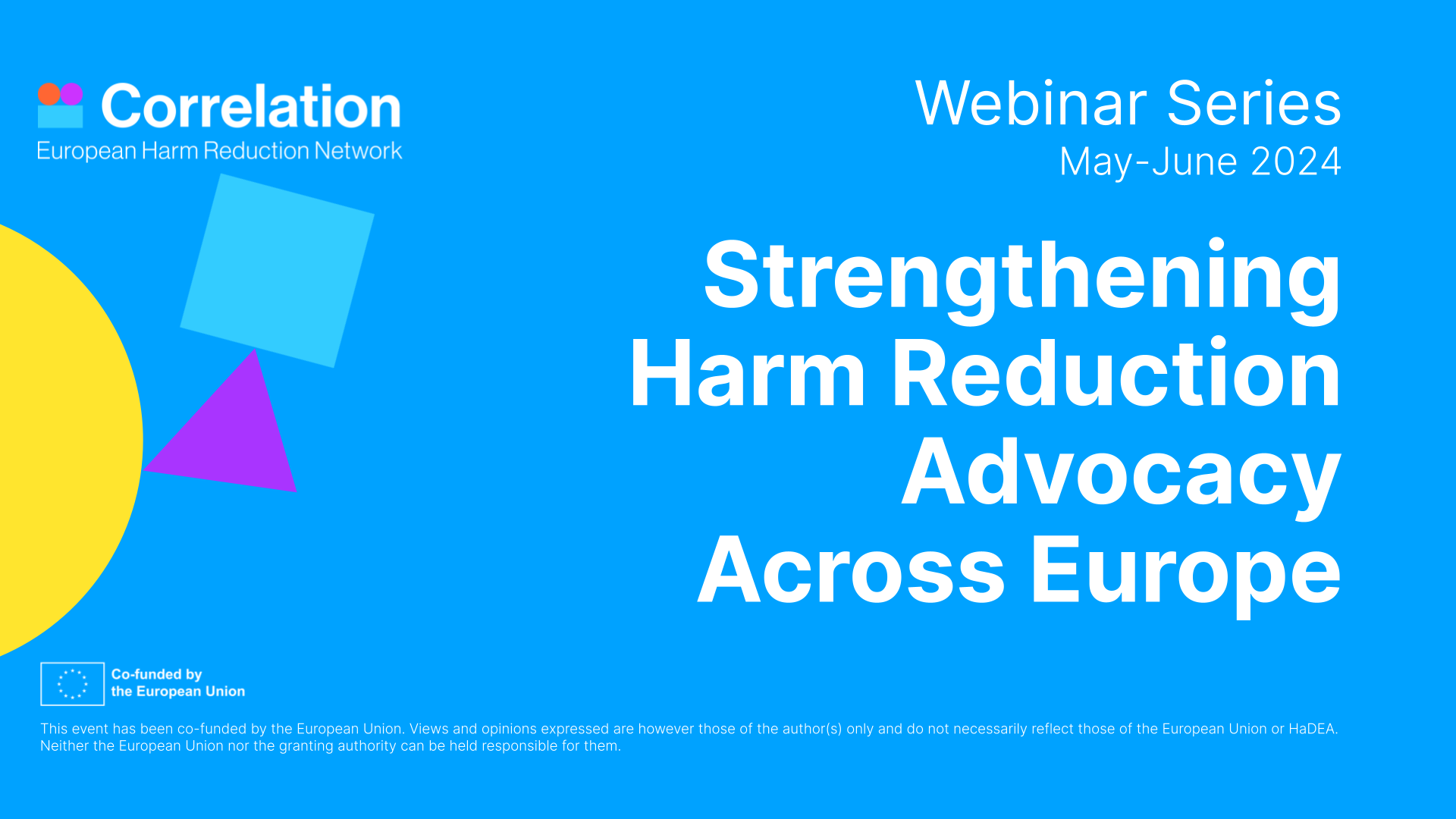
1) Can you tell us a bit about your background?
I am a sociologist based in Helsinki where I work for the Finnish Institute for Health and Welfare. I‘ve specialized in drug policy issues both as a researcher and expert in national and international policy contexts. I’ve been a member of Correlation Network since 2006, and always greatly respected the work you do.
2) What was your main responsibility for the Monitoring Tool for Harm Reduction Services?
I’m leading the process together with Eberhard Schatz from the Correlation office and the three thematic experts groups that Correlation has recently established. Important support comes also from a fourth group consisting of researchers. The EMCDDA is represented in that group, too. Together with them, we will report the first results from the monitoring in the autumn.
3) Monitoring.. sounds slightly boring. Why do you think that it is important?
I agree it sounds a bit dry. But we’ll do our best to make it interesting if not even exciting… Monitoring is important because we need a reliable and up to date picture of the current reality to be able to advocate harm reduction where it is most needed.
4) Why does the tool specifically focus on monitoring from the viewpoint of Civil Society? Do you expect other outcomes than what official data provides?
Like you say, the idea is to specifically address the civil society organisations who do vital work in the harm reduction field. Even if we already have a rather well working drug monitoring system in Europe, the viewpoint of the harm reduction agencies will add to that and presumably tell a bit different story than the official data. It will provide complementary data, and also alternative data in some cases. This is what makes it exciting.
5) Is the monitoring planned to be repeated? Or is it only for once?
Yes, it will be repeated annually. That’s the very idea of monitoring: we first take a snapshot of the situation and then follow how the picture changes both generally and in details.
6) Harm reduction still is underfunded in many countries, even if there is enough evidence that it works and is cost effective. Why’s that?
You tell me… Because of wrong priorities and tough attitudes towards people who use drugs?
7) Finland has very innovative policies, on many levels. Does that apply for drug policy as well?
We do have some success in our harm reduction policies, but there’s lots to do still. I would say we are rather followers and late comers when it comes to innovative drug policies. But we are not totally hopeless either!
8) What drives you personally to work in the area of harm reduction?
I like the analytical pragmatism and stubborn humanism that are built in the harm reduction school of thought.
9) So finally, please tell us what harm reduction means to you?
To me, harm reduction means innovative ways of supporting people to cope with and save their lives despite drug use.